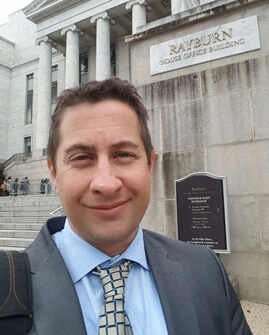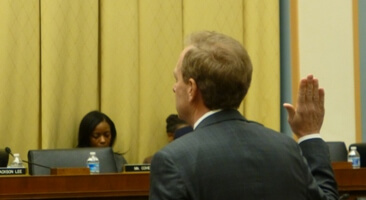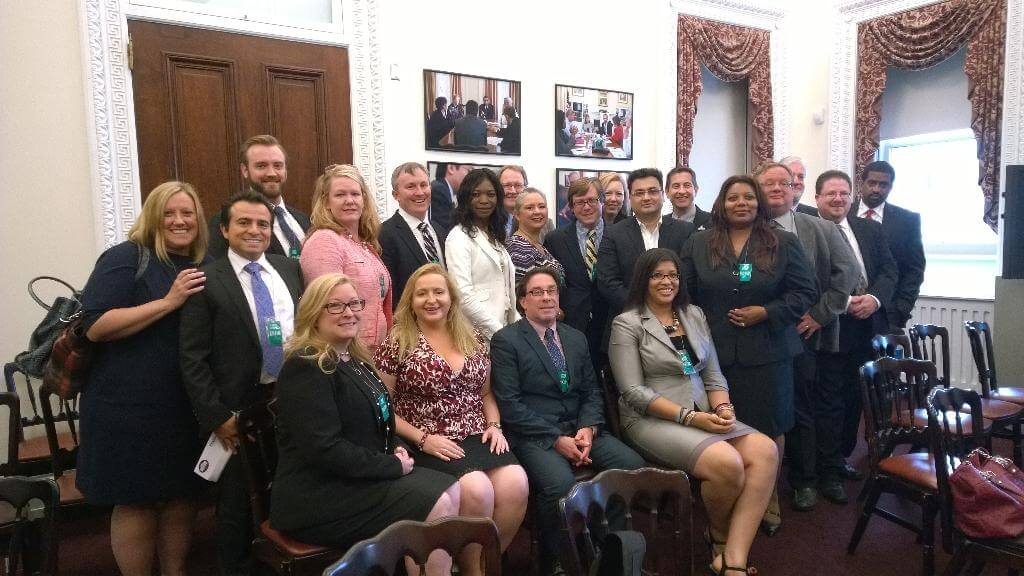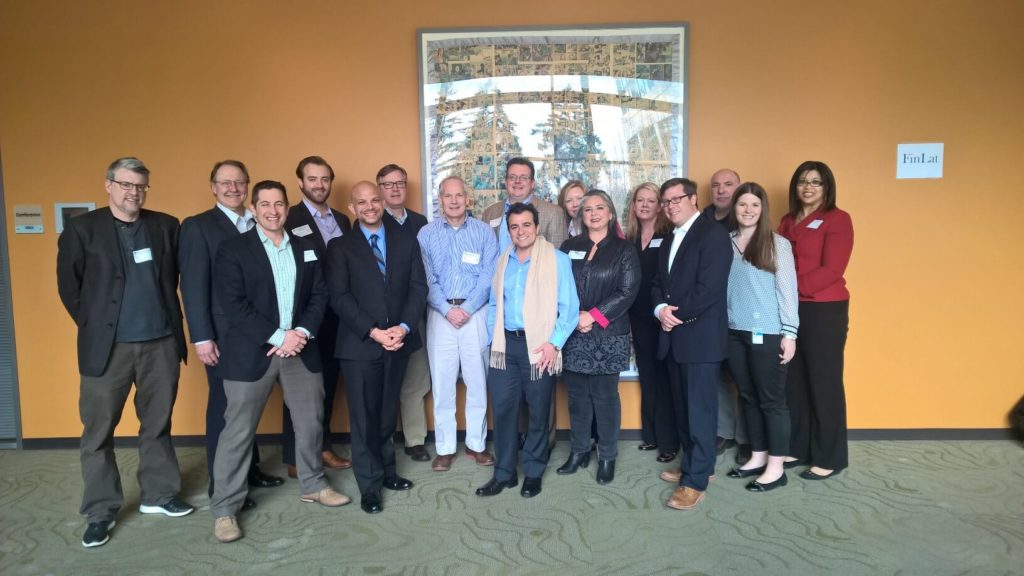VFI Leader Ryan Risley Recaps Key Tech Policy Hearing on Capitol Hill
 As the CTO of technology consulting firm Brittenford Systems, I spend a lot of time helping our diverse range of mid-market clients understand how technology can drive operational improvements and growth. Our clients put their trust in us and the solutions we implement, and today, of course, the best options for ERP, BI, and other functions live in the cloud.
As the CTO of technology consulting firm Brittenford Systems, I spend a lot of time helping our diverse range of mid-market clients understand how technology can drive operational improvements and growth. Our clients put their trust in us and the solutions we implement, and today, of course, the best options for ERP, BI, and other functions live in the cloud.
But when it comes to business confidentiality and privacy, there are clouds over the cloud, so to speak. The main U.S. law governing digital privacy protections and access to data—the Electronic Communications Privacy Act (ECPA)—was adopted in 1986, before the advent of the full-scale Internet. The legal framework for cloud computing is outdated—in the U.S. and around the world. This is especially true given the international nature of cloud computing, with data often moving across borders.
The legal uncertainty surrounding cloud computing is a concern to my company and many of our clients—and that’s why I’ve been involved with advocating for passage of the Law Enforcement Access to Data Stored Abroad Act—or the LEADS Act. Last October, I joined other members of Voices for Innovation (VFI) to visit Capitol Hill and meet with legislators and their staff to voice our support for the LEADS Act.
Will Congress Take Action?
While about 150 members of Congress have co-sponsored the LEADS Act, the legislation hasn’t moved in the U.S. House or Senate. I was starting to wonder if Congress truly understood how important this issue is, not just to the tech sector, but to the global business community and to individuals.
Finally, however, the House Judiciary Committee announced that it would hold a hearing on the issue of international legal conflicts concerning cloud data. I could’ve watched the live stream of the hearing, but since I work in northern Virginia, I cleared my schedule and made the trip to Capitol Hill to attend in person.
The hearing I witnessed included two panels. In the first panel, Judiciary Committee members grilled David Bitkower, Principal Deputy Assistant Attorney General from the U.S. Department of Justice, on the DOJ’s attempt to use search warrants to access data stored in other nations.

In the second panel, several witnesses, including Microsoft President and Chief Legal Officer Brad Smith, highlighted the problems technology companies and users face because of our nation’s outdated digital privacy laws. (You can read Brad Smith’s recap of the hearing at this link.)
The main positive takeaway from the hearing is that Congress—or at least many members of the House Judiciary Committee—recognizes that there is a problem that needs attention. This is a critical step. But it remains to be seen if Congress will make addressing this issue a priority this year. I hope that momentum from this hearing will advance the LEADS Act or some other legislative solution.
The best way to convince Congress to act is to let them know that you’re watching and want legal reform that both protects privacy and improves cross-border law enforcement cooperation. If you haven’t emailed Congress on this issue yet (or recently!), I encourage you to do so now by visiting VFI’s LEADS Action Center.
***
About the Author
Ryan Risley is the CTO of Brittenford Systems, a financial systems consulting firm. He leads Brittenford’s CIO Advisory Practice, which partners with CEOs and CFOs in client companies to help IT divisions innovate and align with and achieve business objectives. Ryan is past president of the Washington D.C. chapter and on the U.S. Board of the International Association of Microsoft Channel Partners (IAMCP), focused on advocacy.


